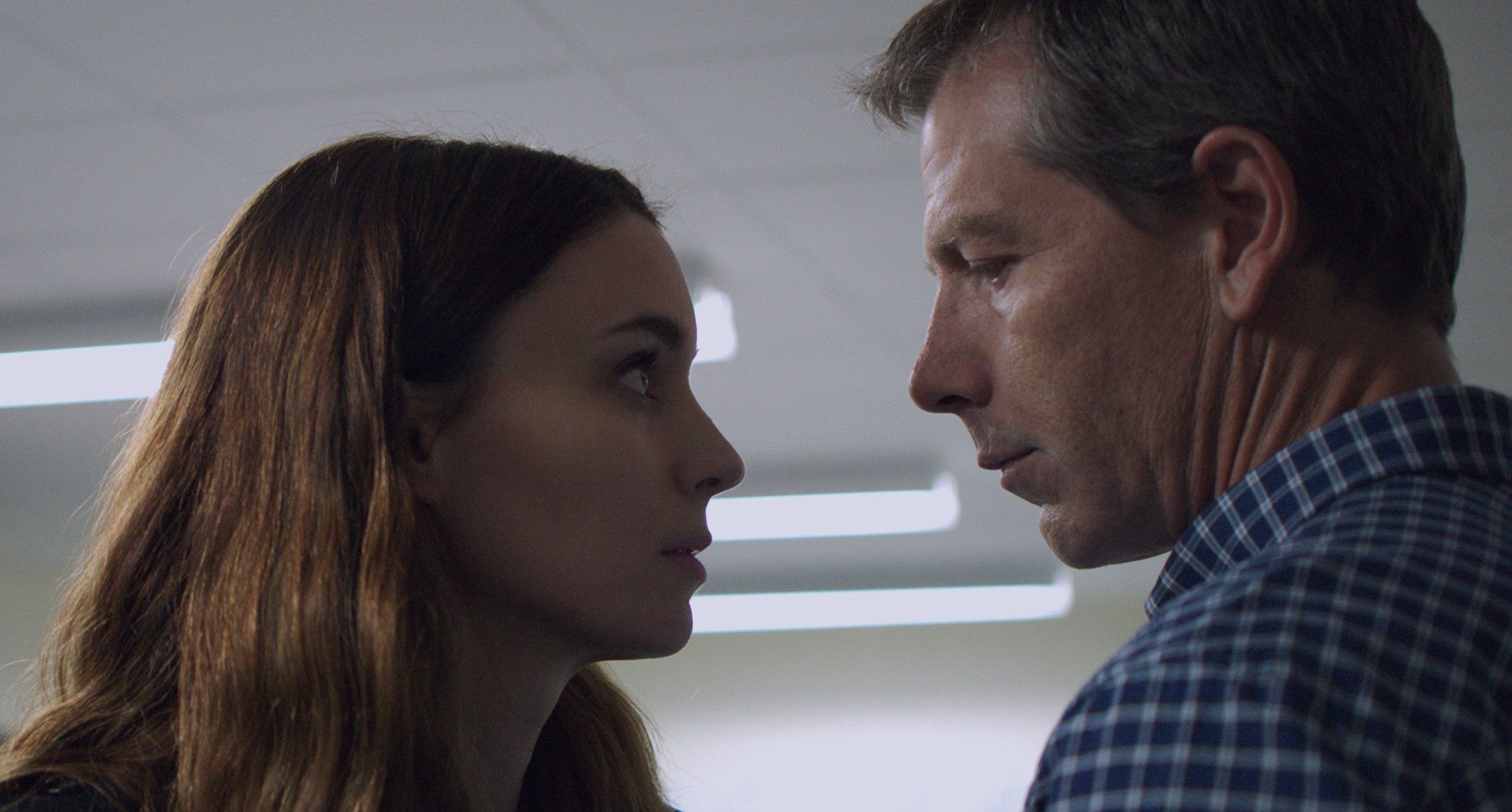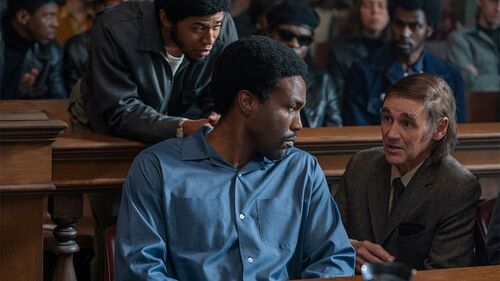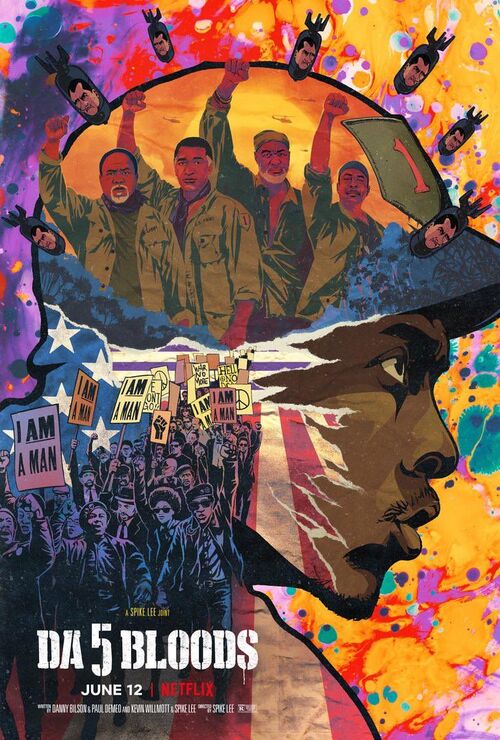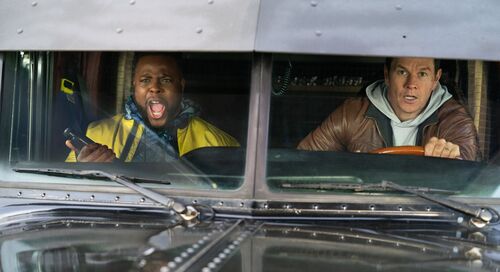
Una
 How much hate should we harbour for the paedophile Una presents to us? That’s the only feeling that needs calibrating as we contextualize the vice hovering above the two central characters in this film by first-time director Benedict Andrews. The strong performances on show may have you dithering for a minute – second chances right. But by the time the resolution comes around, questions and suspicions arise to drown out what the uncomfortable empathy surfaces.
How much hate should we harbour for the paedophile Una presents to us? That’s the only feeling that needs calibrating as we contextualize the vice hovering above the two central characters in this film by first-time director Benedict Andrews. The strong performances on show may have you dithering for a minute – second chances right. But by the time the resolution comes around, questions and suspicions arise to drown out what the uncomfortable empathy surfaces.
When we meet Rooney Mara’s Una, in a dazzlingly lit sequence, we can tell she ventures regularly into a vortex of drinking and casual sex. She lives with her mom and they seem to have a strenuous relationship, likely informed by her past. We watch Una in her bedroom focused on a newspaper cutting with the picture of the man that started her on the path she is now. Next thing we know, Una finds her way to a factory in search of Ray (Ben Mendelsohn), who had changed his name to Pete for obvious reasons. A charged confrontation spawns a range of emotions; anger, fear, panic. That tends to happen when the girl you abused as a 13-year-old turns up at your workplace.
The 13-year-old Una was in love with Ray/Pete. Grown-up Una still seems to be stuck in the same place, only she feels a sense of betrayal. So what’s her deal? She wants answers from Pete and does not feel like she’s child abuse victim. She is operating closer to the spectrum jilted lover. Pete did time for his child sex but insists he does not prey on juvenile girls. He believes he had something special with Una. The film then relies on Mara and Mendelsohn's chemistry as the characters reach for some sort of closure. Then the pace slows and the drama narrows in on their dysfunctional relationship.
The filmmakers appear confident the audience will absorb Una and Pete’s relationship with a healthy dose of ambivalence. It helps that when we meet Pete for the first time, he is in the middle of a retrenchment process at work it’s all a bit overwhelming for him; with his child abuse victim in the wings tensing up proceedings and anxious workers looking on concerned for the jobs. He makes a mess of the whole retrenchment processes and rushes off to try and compose himself and get a lid on the storm Una threatens to release.
As Pete scampers through deserted hallways into dark cupboards, he cuts a more sinister figure and we get a glimpse of moments that set Una apart from its source material, a stage play called Blackbird (written by David Harrower, who also scripts this film). Blackbird starred Jeff Daniels and Michelle Williams – a tandem that would have also played well on the big screen. Whereas Blackbird is set in one room, Una spends time in multiple settings and time periods to give a more expansive feel. We also get some flashbacks to when Una was 13 and the genesis of the film’s illicit relationship.
Pete doesn’t look good in the flashbacks and rightfully so. But you get the sense Harrower felt we may be developing a little too much uncomfortable empathy for Pete. He certainly is a compelling figure, but not enough to draw droves of sympathy. Harrower would have had to have gone into Little Children-Jackie Earl Halley territory to move me. Mendelsohn naturally projects a certain jittery cadence as it is anyway and doubt abounds from both the audience and Una.
Una is at its strongest when it mimics the setup of the play – Pete and Una in a room letting loose their emotional baggage, tinged with a little more subtlety than a play would have offered. But to what end? The resolute and assured Una searches for closure and seems to bang on a nail that has its head firmly in a piece of wood. However, her 13-year-old self seems to keep her from seeing things as they are. She wants to believe the abuse was worth it if it was in the name of love and the film paints a convincing enough picture of her to make this idea work.
Mara certainly sells Una as confused and impetuous, almost like a teenager. There is a reason for this. Pete moved on with life; got a new name, a new job and new family. Una is stuck in her childhood room and works at a job she doesn’t find fulfilling. Would learning that Ray loved her make it all worth it? It’s never clear, which is kind of the point when contextualizing the film from Una’s perspective. Perhaps this presents the most accurate representation of life as a victim of statutory rape.
Una's script has some chaff bogging it down. Watching Mendelsohn and Mara play off each other makes you think this film could have reached even more ferocious and emotionally charged heights with more restraint and geographical confinement. The add-ons work initially and add to character but when Una is prepping for some sex with one of Pete's employees (played by Riz Ahmed) as part of some ploy, it all starts to feel a bit tired and distracting. It also loses the balance between painting Una as a victim and damaged.
But the premise is bold and intriguing. Andrews and Harrower do navigate well enough around the sensitive material. They even seem to surrender to the fact there is such a complex and toxic dynamic at the core of this story and it works in ultimately work's in Una's favour.


